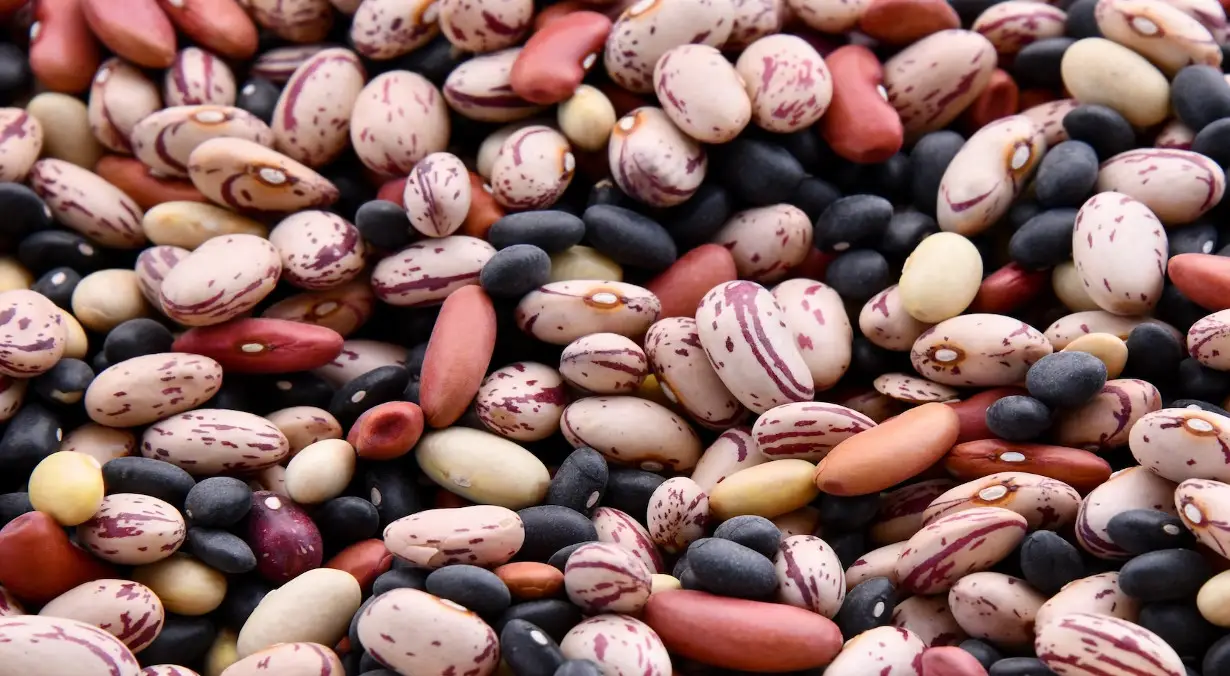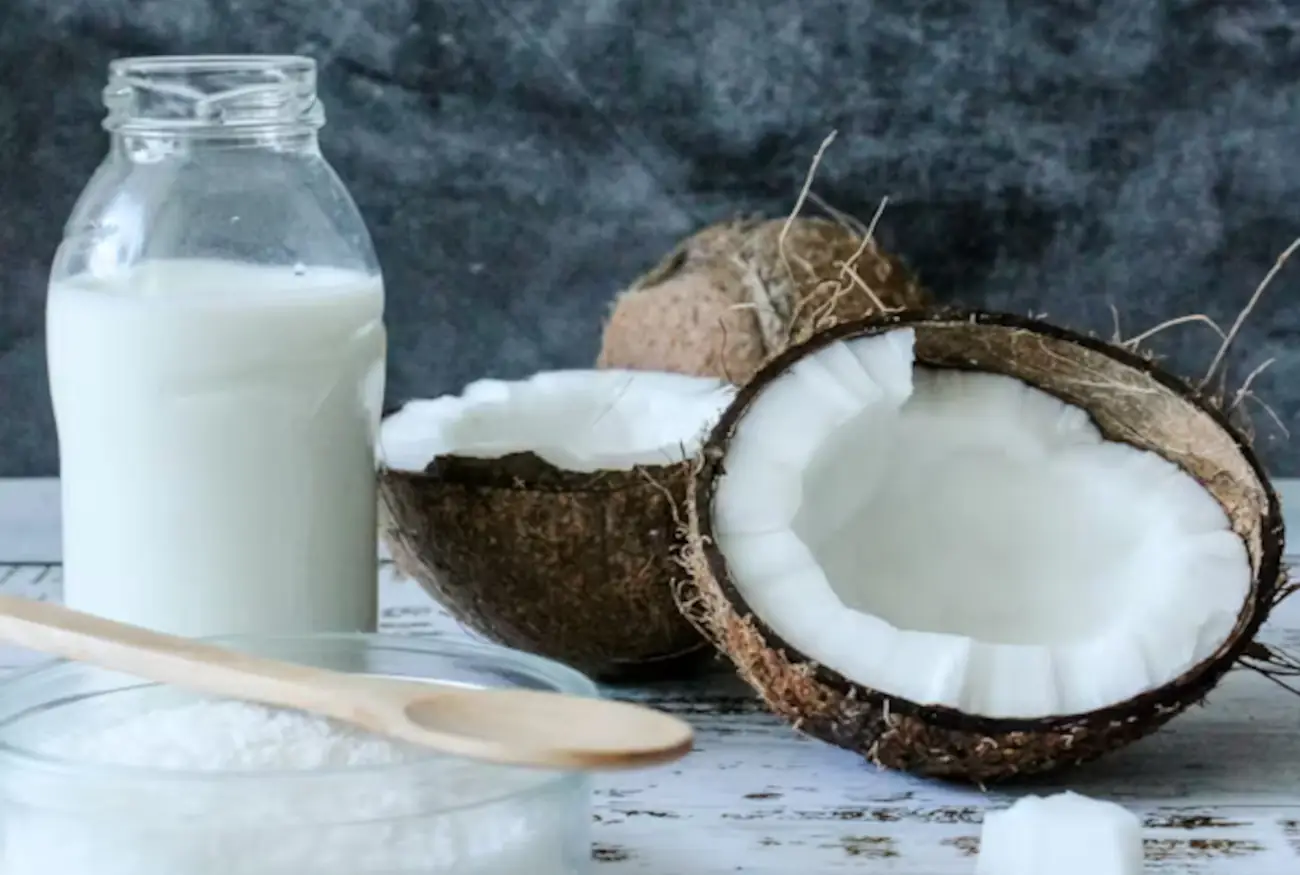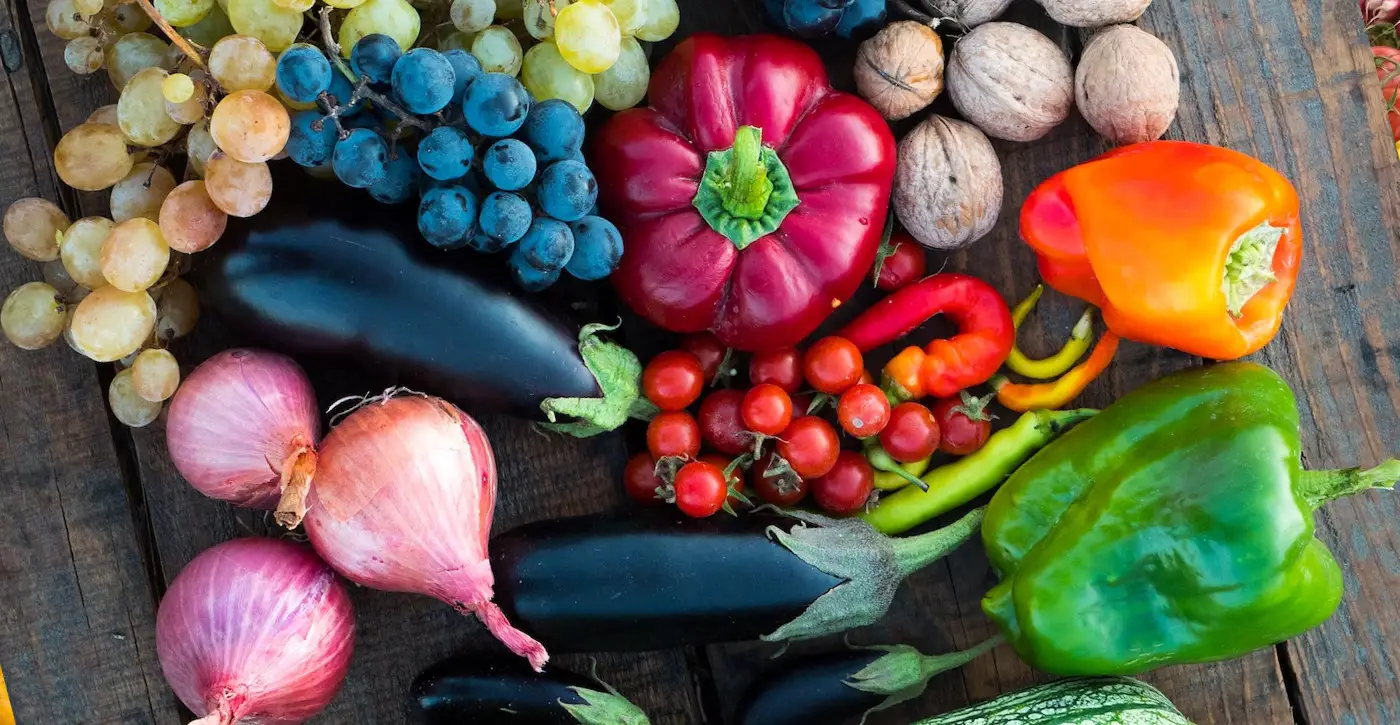Cannellini Beans Lysine and Arginine Info Sheet
Overview
Cannellini beans are a type of white bean that is popular in Italian cuisine.They have a creamy texture and a mild, nutty flavor.
Cannellini beans are a good source of protein and fiber. They are also rich in essential amino acids, folate, and magnesium.
| Name | Lysine (mg/100g) | Arginine (mg/100g) | Ratio |
|---|---|---|---|
| Cannellini Beans | 166mg | 197mg | 0.843 |
Cannellini Beans contains 166mg of Lysine and 197mg of Arginine per 100g of product.
This means Cannellini Beans has a neutral Lysine-Arginine ratio of 0.843.
Because Cannellini Beans has a neutral ratio of lysine and arginine, it does not have a significant impact on people who suffer from herpes, as it does not affect the viral activity.
Lysine Considerations
Cannellini beans are a good source of lysine, an essential amino acid that is important for protein synthesis and collagen formation.
It is one of the nine amino acids that your body cannot make by itself, so it has to come from the food we eat.
Lysine has different functions in the body, such as helping with growth, healing, energy, immunity, and collagen production.
Lysine may also have some effects on the herpes virus, which causes cold sores and genital sores.
Studies have suggested that taking lysine supplements or applying lysine cream may help prevent or treat these infections by blocking the amino acid arginine, which the virus needs to grow.
Arginine Considerations
Cannellini beans contain a similar amount of arginine as lysine.
Arginine is a semi-essential amino acid that plays a role in several bodily functions, including wound healing and immune function.
Arginine has different functions in the body, including wound healing, helping the kidneys remove waste products from the body, and maintaining immune and hormone function.
Arginine also plays a role in the replication of the herpes virus, making it a key factor in cold sore outbreaks.
The herpes virus requires arginine to grow, replicate, and create new herpes viruses.
Foods a good source of arginine, such as nuts and chocolate, may increase the frequency and severity of these outbreaks.
Lysine-Arginine Ratio
Cannellini beans have a balanced lysine-arginine ratio, which can be beneficial for maintaining a balanced diet.
Both lysine and arginine play crucial roles in protein synthesis and other metabolic activities.
Interestingly, they have contrasting effects on the herpes simplex virus, which is responsible for cold sores and genital herpes.
Lysine can inhibit the virus's ability to replicate, while arginine can promote it.
Consequently, consuming foods with a high lysine to arginine ratio may help decrease the frequency and severity of herpes outbreaks.
Foods with a high lysine-arginine ratio include milk, cheese and yogurt products, fish, poultry, fruits, and vegetables.
These foods can supply the body with sufficient lysine to block the virus's absorption of arginine, thereby preventing its growth and spread.
Dietary Considerations
Legumes are plant-based foods that are rich in protein, fiber, and minerals.
Legumes also contain lysine and arginine, but the amount varies depending on the type of legume.
Soy-based products, such as tofu, tempeh, soybeans, and soy milk, have more lysine than arginine, which makes them suitable for people with herpes.
Other legumes, such as beans, lentils, and chickpeas, have more arginine than lysine, which makes them less favorable.
These legumes can still be consumed in moderation, as they have other health benefits.

For example:
A diverse and nutritious diet that supports your immune system and fights inflammation is essential.
This means you should eat lots of fruits, vegetables, whole grains, lean protein, and healthy fats, and steer clear of processed foods, added sugars, alcohol, and caffeine, which can harm your health.
Drinking enough water to keep yourself hydrated and remove toxins from your body.
Water can also help prevent dryness and irritation of the skin and mucous membranes, which can result in fewer outbreaks.
L-lysine supplementscan help you prevent herpes outbreaks and stop a cold sore before it develops by depriving the virus of arginine, which it needs to form a cold sore.
Taking other food supplements that can improve your immunity and protect your cells from oxidative stress, such as vitamin C, zinc, selenium, and antioxidants.
Your immune system can be weakened and inflammation can be increased by foods that can cause allergic reactions or sensitivities, such as gluten, dairy, nuts, eggs, or shellfish.
Avoid these foods to avoid outbreaks.
Eating foods that can soothe your symptoms and speed up your healing process, such as honey, yogurt, aloe vera, and chamomile.
These foods have anti-inflammatory, antiviral, and antibacterial properties that can reduce pain, swelling, and itching, and promote tissue repair.
Check more food information






